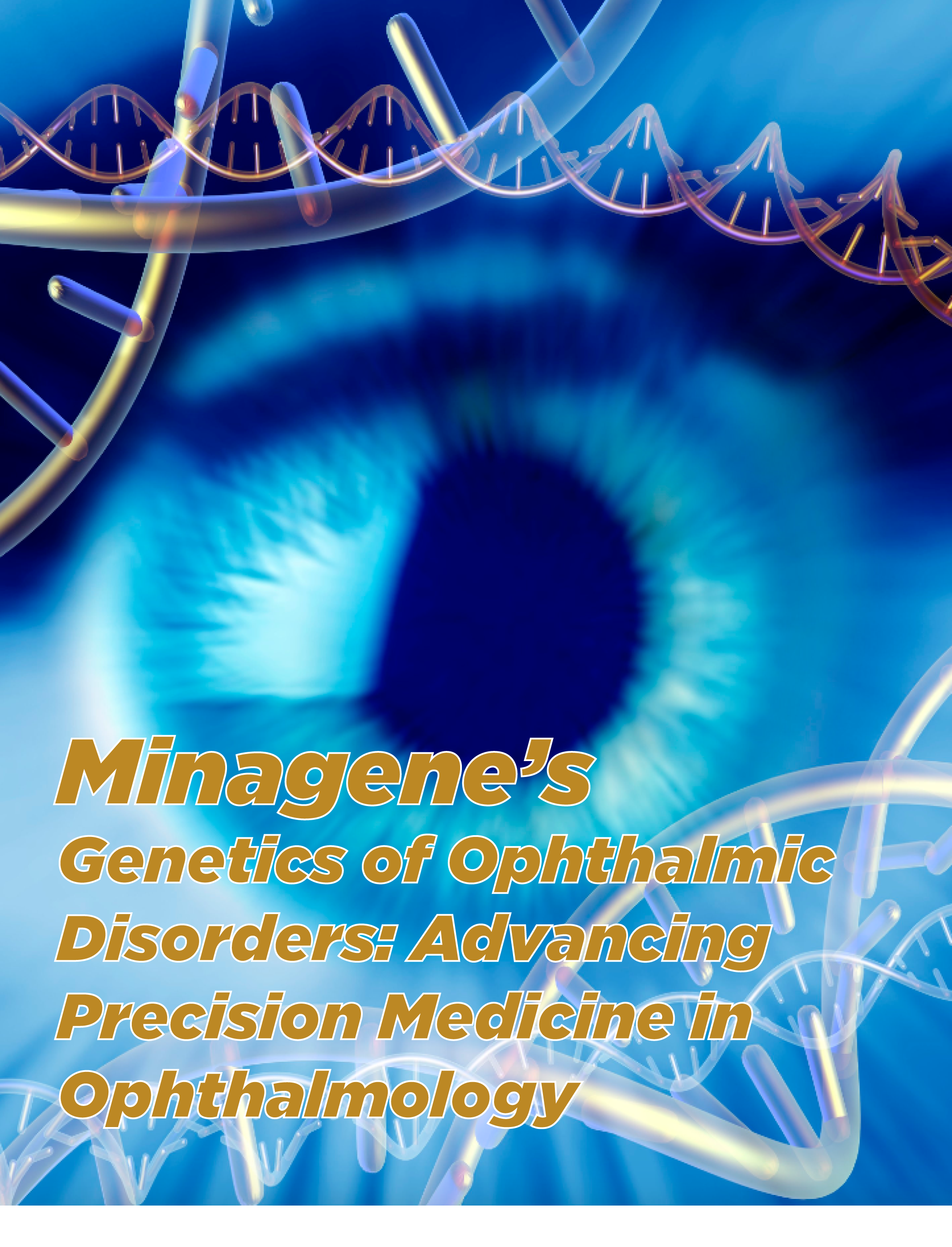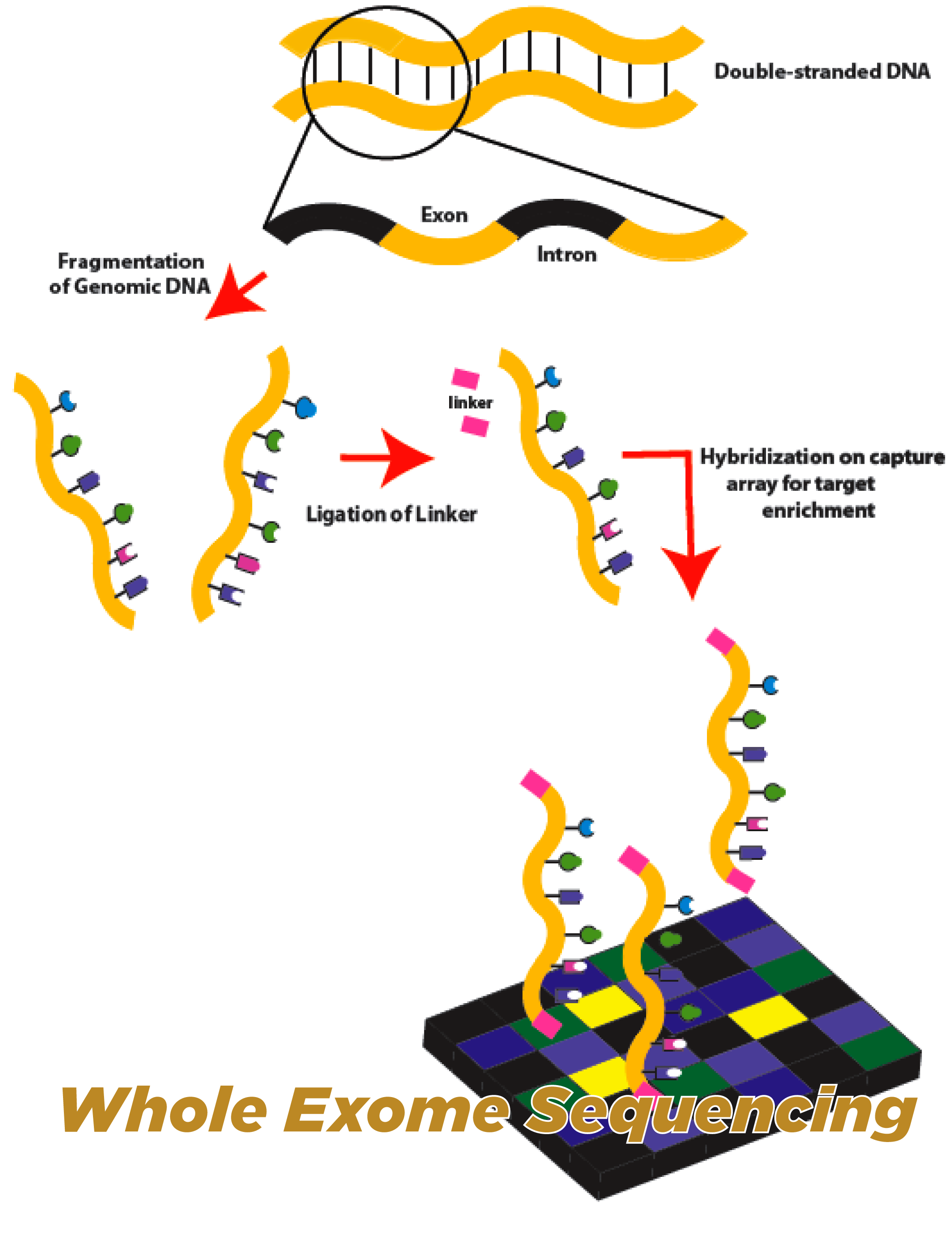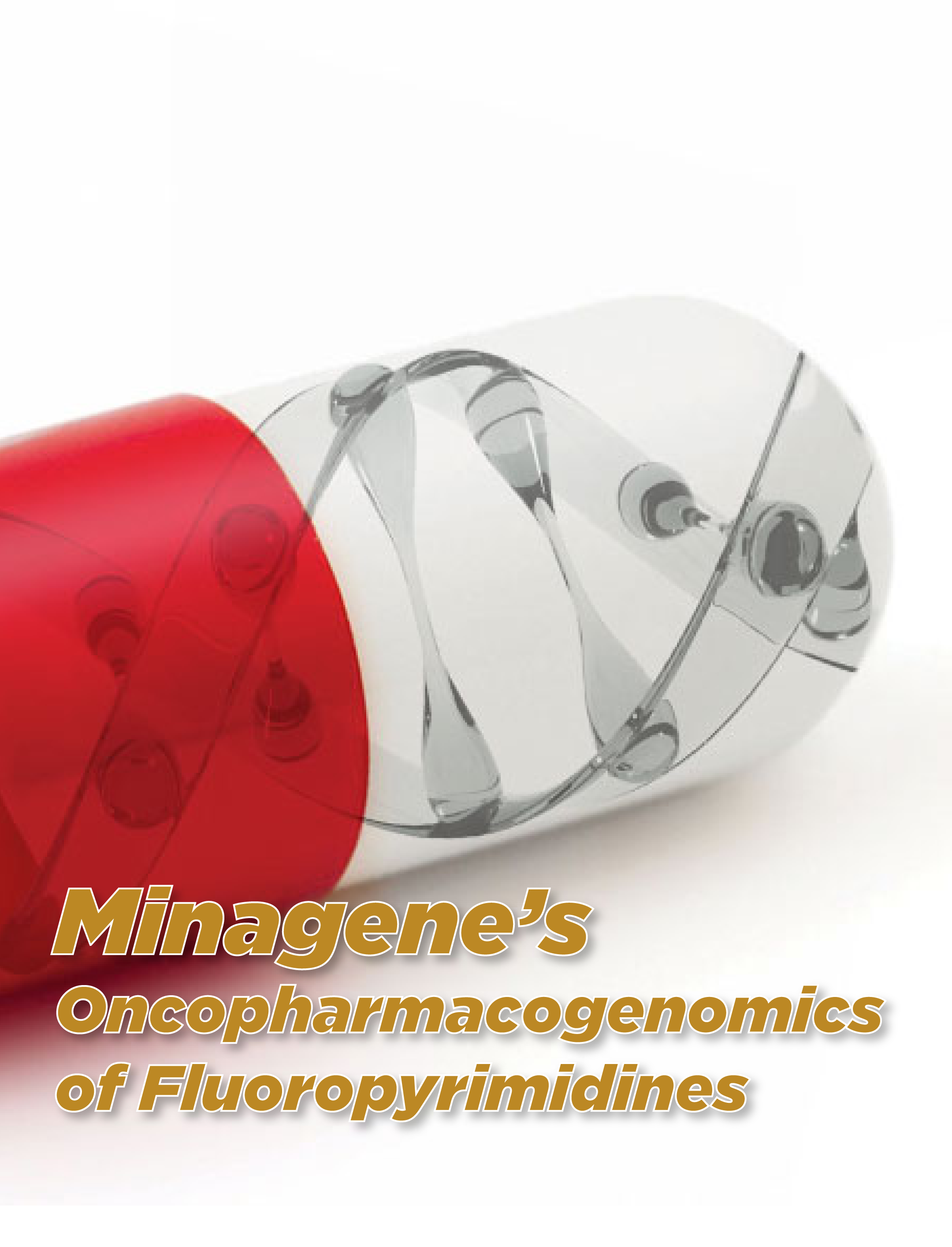
Overview
Minagene's Neuro Genetics is an advanced genetic testing service that focuses on unraveling the genetic basis of neurological disorders. By analyzing specific genetic variants associated with various neurological conditions, this comprehensive test provides valuable insights into the molecular underpinnings of these disorders, enabling accurate diagnosis, personalized treatment strategies, and improved patient care in the field of neurology.
Methodology
The Neuro Genetics test utilizes state-of-the-art genetic analysis techniques, including next-generation sequencing and targeted genotyping, to examine genes known to be associated with neurological disorders. By analyzing an individual’s genetic profile, this test provides clinicians with vital information regarding disease-causing variants, potential disease progression, and response to specific treatments.
Key Highlights of the Test:
Precise Diagnosis: The Neuro Genetics test enables precise diagnosis by identifying genetic variants associated with a broad range of neurological disorders. By uncovering the underlying genetic factors contributing to a patient’s neurological condition, clinicians can achieve a more accurate diagnosis, leading to tailored treatment plans and improved patient management.
Personalized Treatment Strategies: By analyzing an individual’s genetic profile, the test helps in developing personalized treatment strategies for neurological disorders. It provides insights into potential drug targets, response to specific medications, and the likelihood of disease progression, allowing clinicians to optimize treatment plans and achieve better therapeutic outcomes.
Identification of Disease-Causing Variants: The test identifies disease-causing genetic variants associated with various neurological disorders, including neurodevelopmental disorders, neurodegenerative diseases, neuromuscular disorders, and epilepsy, among others. This information helps clinicians understand the genetic basis of the disease and provides valuable guidance for patient management and counseling.
Proactive Disease Management: Genetic information obtained from the test allows for proactive disease management by identifying individuals at higher risk of developing certain neurological disorders. This enables early intervention, regular monitoring, and the implementation of preventive measures to mitigate the progression or severity of the condition.
Research Advancements: The Neuro Genetics test contributes to ongoing research efforts in the field of neurology. By analyzing a large cohort of patients with diverse neurological conditions, the test generates valuable data that can be used to further understand the genetic basis of these disorders, develop novel therapies, and advance the field of precision medicine in neurology.
Diagnostic Dilemmas: The Neuro Genetics test is particularly valuable in cases where traditional diagnostic approaches have been inconclusive or when there is a suspicion of a genetic component underlying the neurological condition. It can provide crucial insights into the genetic basis of the disease, leading to a more accurate diagnosis and appropriate management strategies.
Neurodevelopmental Disorders: The test is beneficial when evaluating individuals with neurodevelopmental disorders, such as autism spectrum disorders, intellectual disabilities, and developmental delays. It helps identify disease-causing genetic variants, predict disease progression, and guide treatment decisions for affected individuals and their families.
Neurodegenerative Diseases: The test assists in the diagnosis and management of neurodegenerative diseases, including Alzheimer’s disease, Parkinson’s disease, and Huntington’s disease. It identifies disease-associated genetic variants, provides prognostic information, and helps guide treatment decisions for affected individuals.
Neuromuscular Disorders: The test is valuable in evaluating individuals with neuromuscular disorders, such as muscular dystrophies, myopathies, and motor neuron diseases. It aids in identifying disease-causing genetic variants, understanding disease progression, and guiding treatment strategies for affected individuals.
Epilepsy and Seizure Disorders: The Neuro Genetics test can provide insights into the genetic basis of epilepsy and seizure disorders. It helps identify genetic variants associated with these conditions, predicts treatment response, and assists in selecting appropriate antiepileptic medications for optimal seizure control.
Research and Clinical Trials: The test contributes to ongoing research efforts and clinical trials in the field of neurology. By participating in genetic studies, patients can help advance knowledge about neurological disorders, potentially leading to the development of new treatments and therapeutic approaches.
















